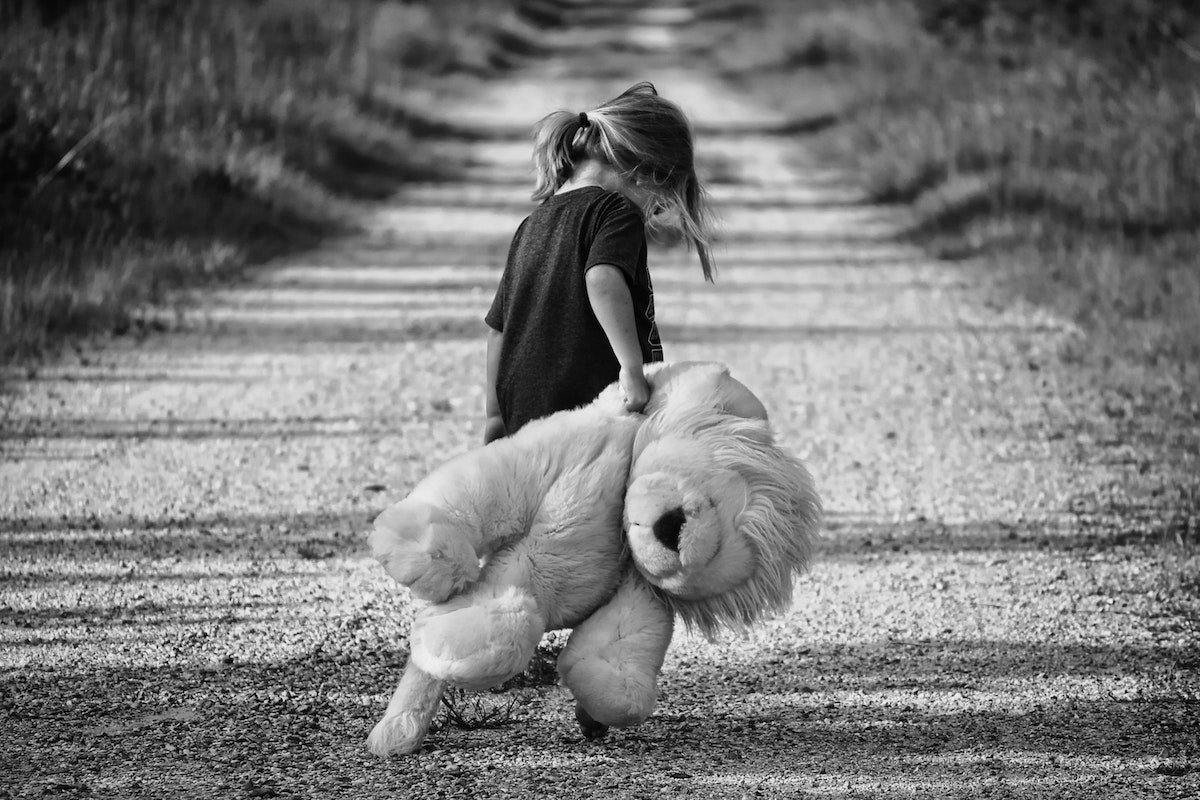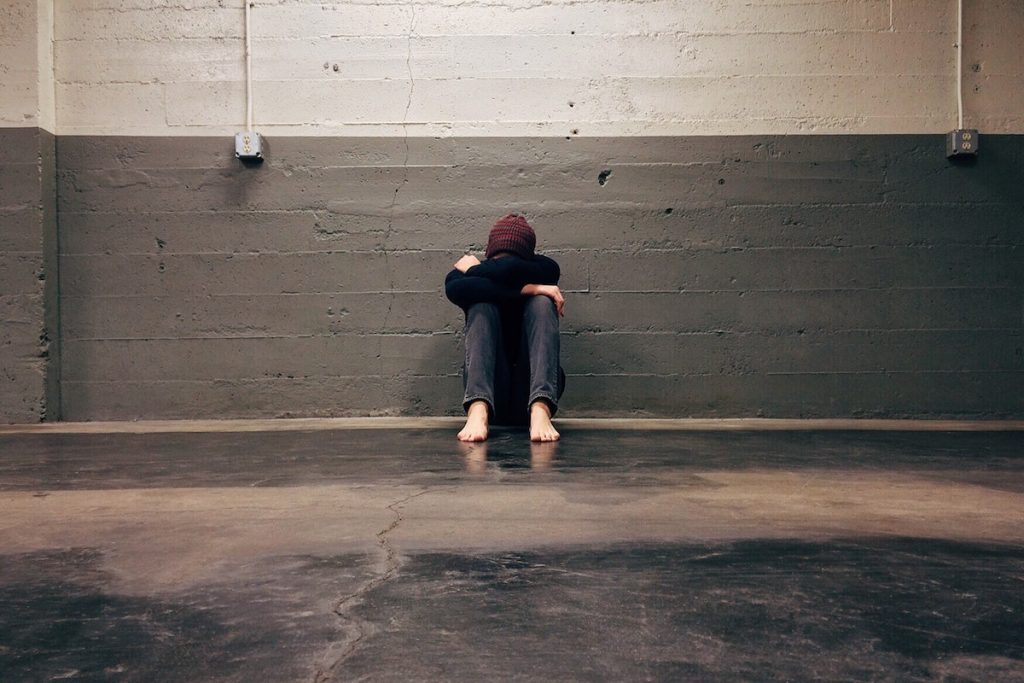It’s no secret that mental health is a serious issue among children today. According to the National Institute of Mental Health, an estimated four million children aged 12-17 in the United States had at least one major depressive episode. That means that nearly 1 in 8 adolescents suffers from depression. But what exactly is depression, and how can you tell if your child is suffering from it? Keep reading to find out.
What is Depression?
Depression is more than just feeling sad or down in the dumps. It’s a real, legitimate medical condition that can profoundly affect every aspect of a person’s life. Symptoms of depression can include changes in sleep patterns, appetite, energy levels, focus, and mood. Depression can also lead to physical health problems such as headaches, stomachaches, and body aches.
There are various reasons why it happens. Here are some of those reasons:
Biological Factors
Changes in brain chemistry or hormones can cause depression. This is often due to an imbalance of neurotransmitters, chemicals that relay messages between nerve cells in the brain. This imbalance can be genetic (passed down from family members) or caused by environmental factors, such as exposure to toxins or stress. Additionally, if your family has a history of depression, your child is more likely to experience it.
Psychological Factors
Certain personality traits, such as low self-esteem or being overly critical of oneself, can make children more susceptible to depression. In addition, children who have experienced trauma, such as abuse or neglect, are at an increased risk of developing the condition.
Social Factors
Isolation and loneliness can trigger depression in children. This is often seen in children who are bullied at school or don’t have close friends. Additionally, significant life changes, such as a divorce or death in the family, can also lead to feelings of depression. This can be one of the prime reasons right now, considering that the pandemic is taking a toll on families.

How Can I Help My Child?
If you think your child may be suffering from depression, the best thing you can do is talk to them about it. Let them know that you’re there for them and that they can come to you with anything they’re feeling. Additionally, you must do these four things:
Get a Physical Check-up
If your child has depression, there is likely a physical reason behind it. Certain illnesses can trigger depressive symptoms. A physical check-up can help to rule out any underlying conditions. A visit to your local pediatric urgent care clinic can help identify any biological reason your child is feeling down. Additionally, it can identify other illnesses or injuries that may not be obvious.
Therapy
If your child isn’t responding to treatment, they may benefit from therapy. Many different types of therapy can help your child manage their symptoms and learn coping mechanisms. Here are two therapies are known to treat depression:
Talk Therapy
One of the main reasons why your child might have depression is that they have bottled-up feelings inside them. These feelings can then manifest themselves in the form of symptoms. Talking therapy, such as cognitive-behavioral therapy (CBT), can help them express those feelings and ultimately help to alleviate some of their symptoms.
Interpersonal Therapy
Another form of talk therapy known to treat depression is interpersonal therapy (IPT). IPT focuses on resolving relationship issues contributing to your child’s depressive symptoms. As your child works through these problems, they will learn better ways to cope with difficult situations. Additionally, IPT encourages children to develop healthy relationships with others, which can positively impact their mental health. It can also help them improve their self-esteem which is a great way to prevent depression in the future.
Ketamine
A new form of treatment known to reduce depressive symptoms rapidly is ketamine infusions. Ketamine has been shown in studies to help with both depression and suicidality, often within a matter of hours or days. While these treatments require a referral from your child’s doctor or primary care provider, they can be highly effective at helping adolescents manage their symptoms. However, you must check with your local psychiatrist first before doing this. Ketamine is still an experimental treatment for depression, and your child’s safety should always come first.
Depression is a serious issue affecting millions of children in the United States annually. If you think your child may be depressed, the best thing you can do is talk to them about it and seek professional help if necessary. With proper treatment, most children with depression will live happy, healthy lives.

